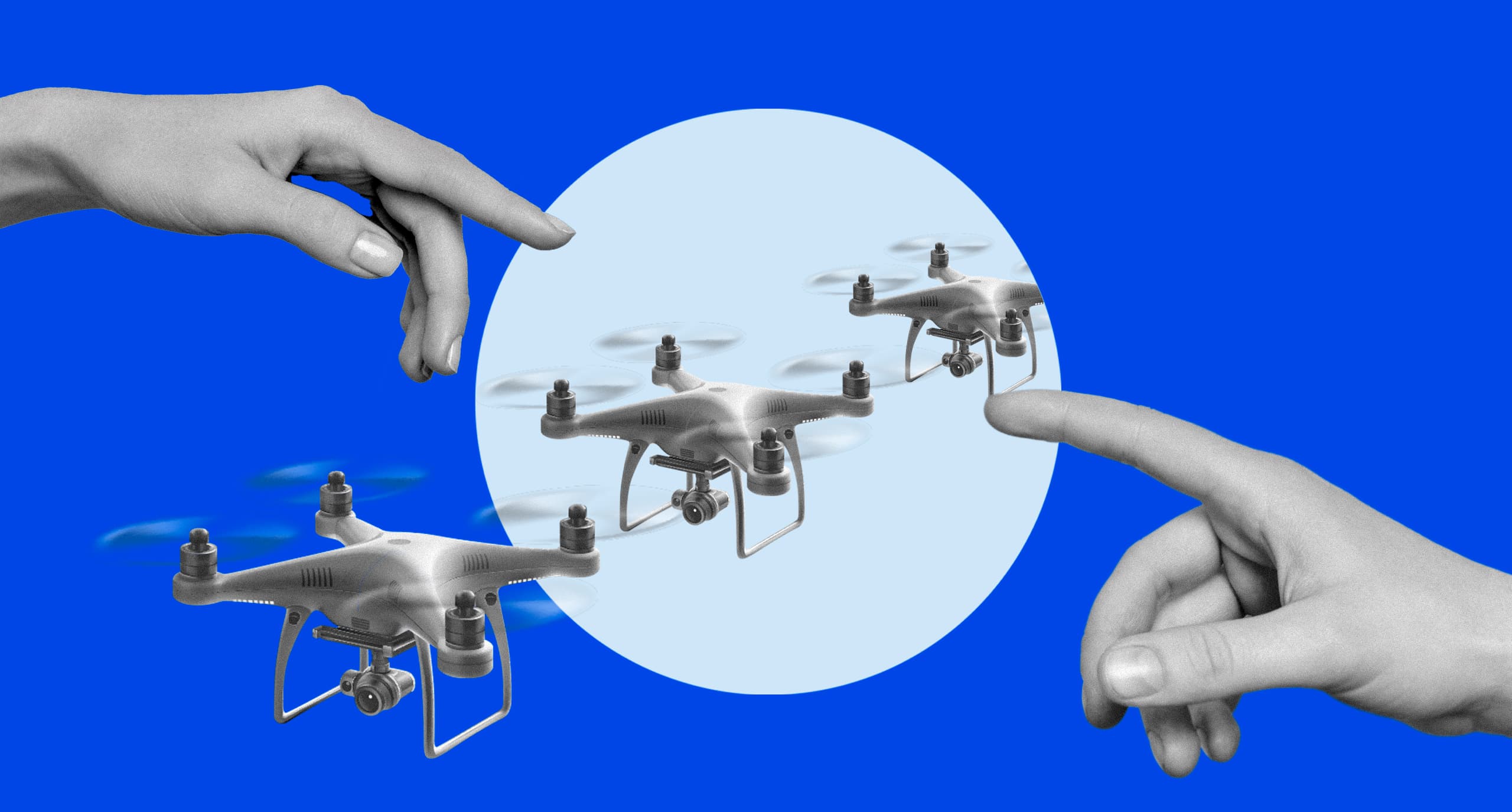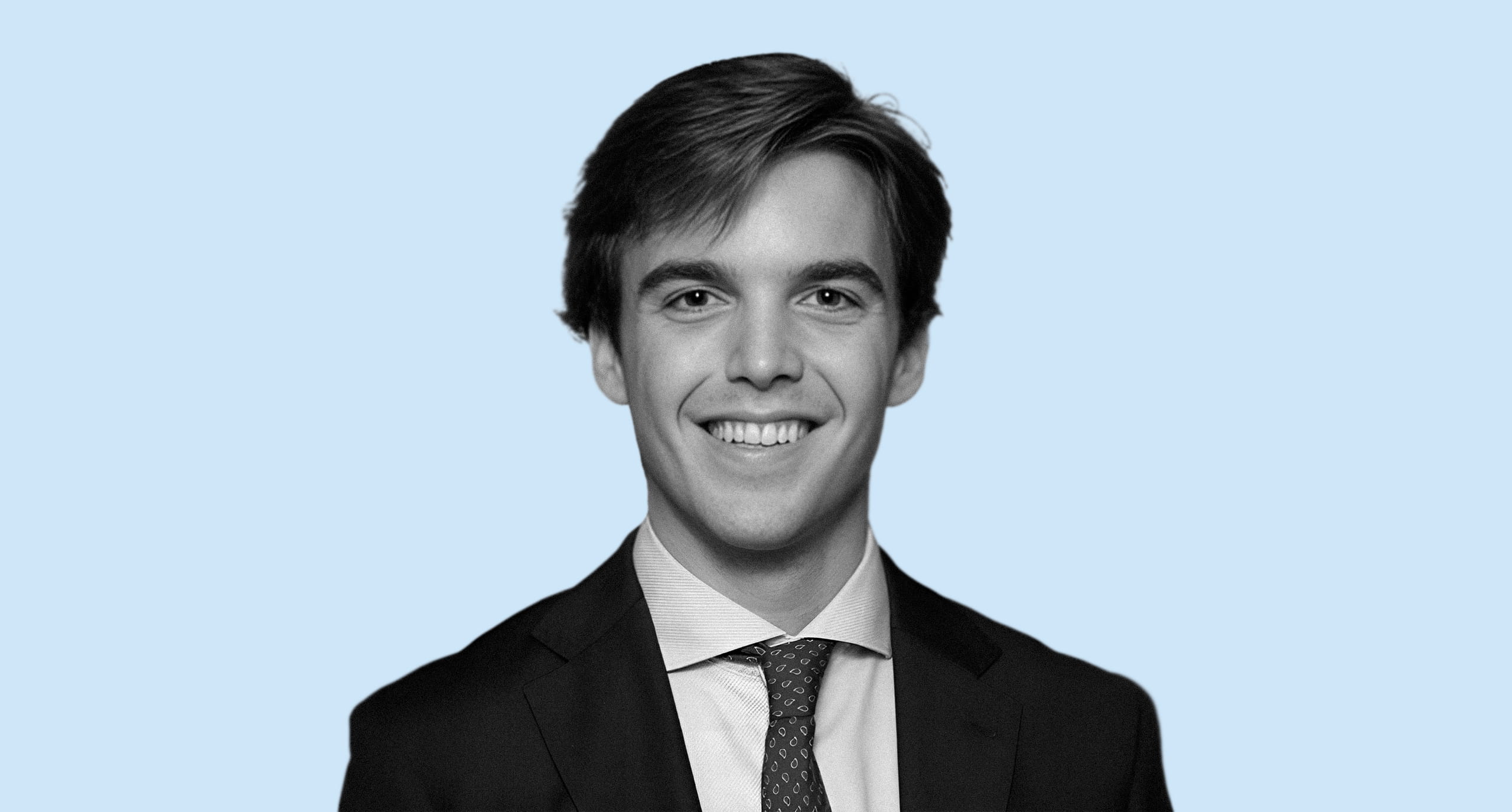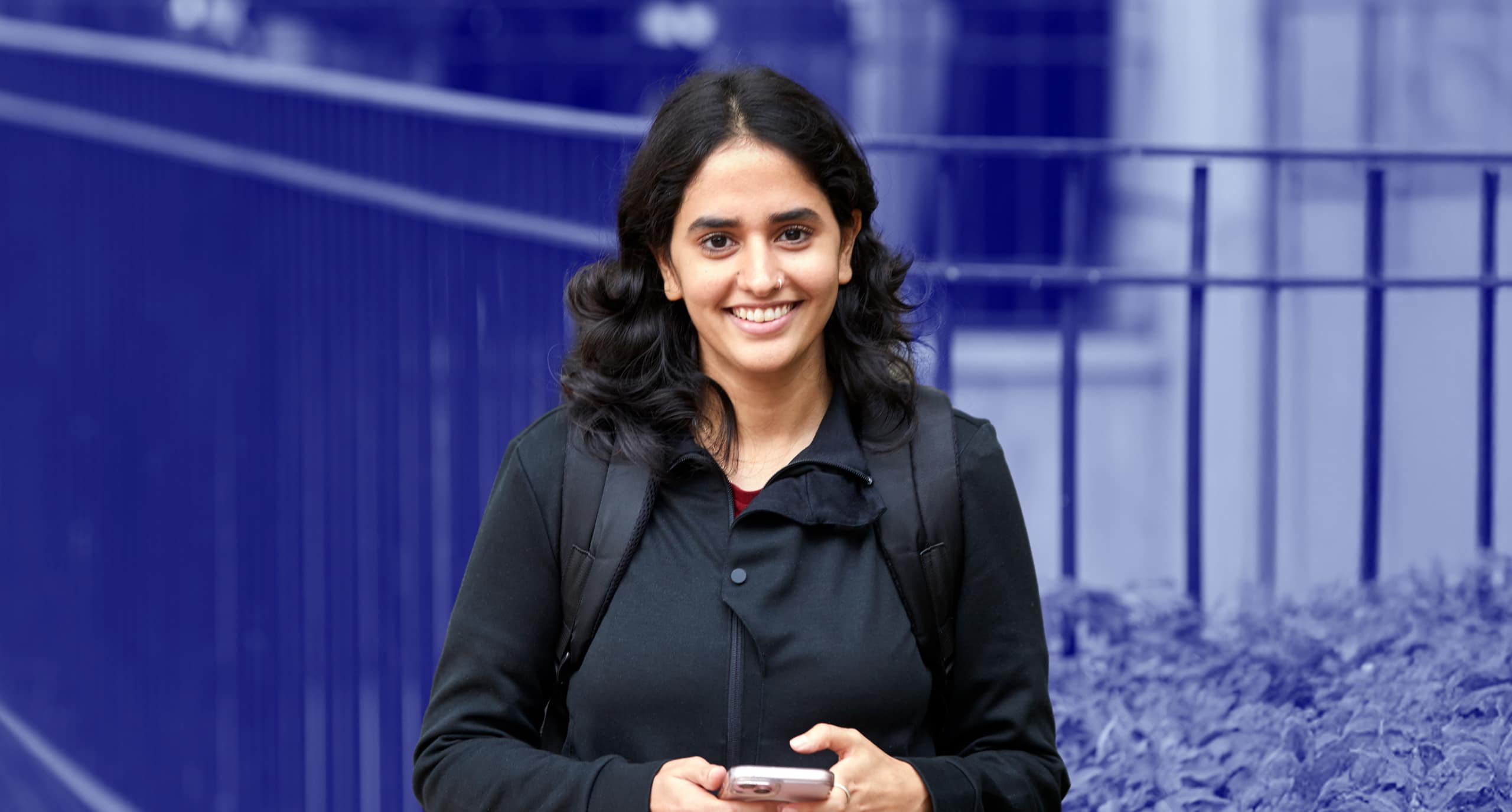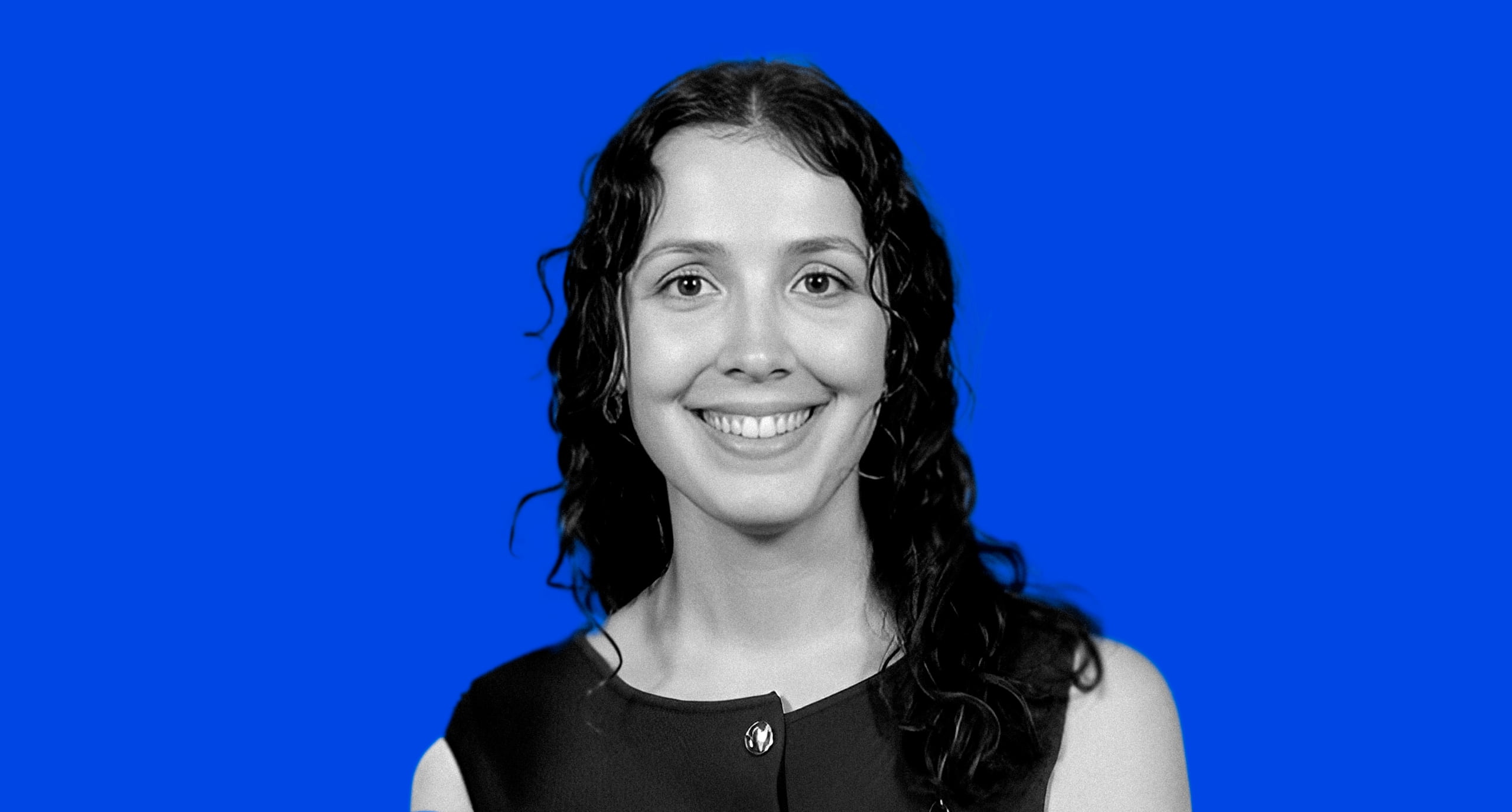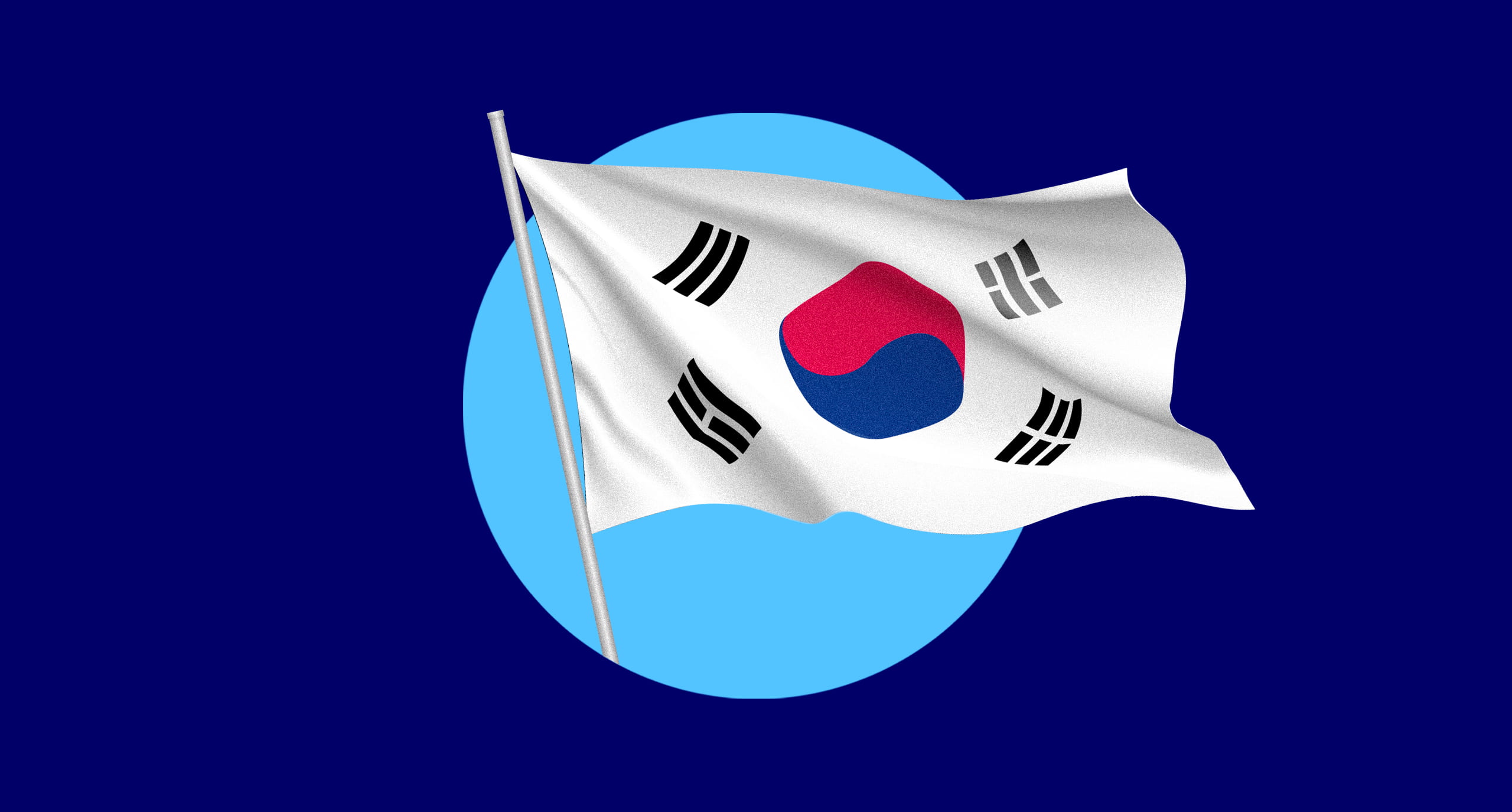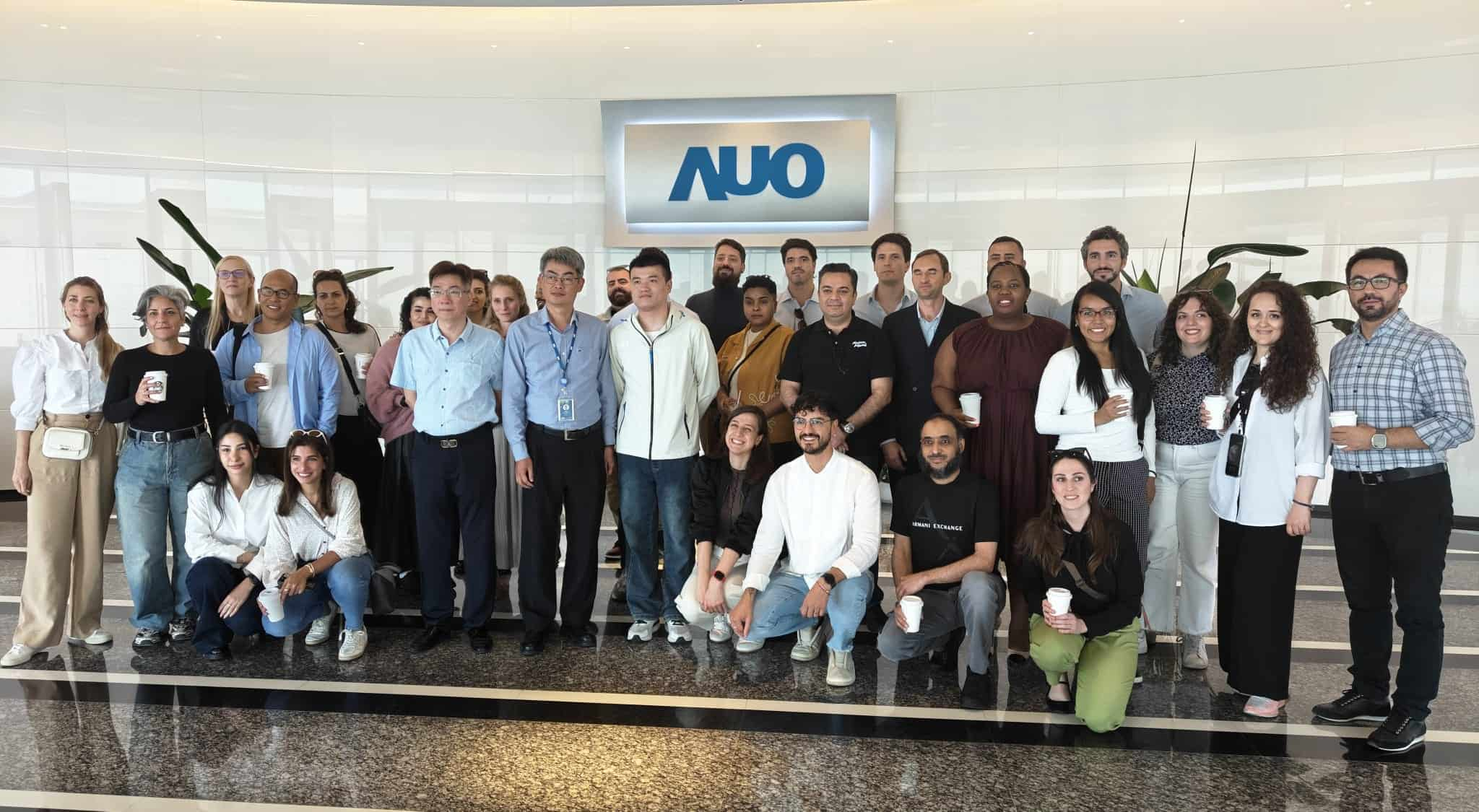30/09/2021
IE University alum and current mentor Snigdha Sharma talks mentorship, stepping outside of your comfort zone, and not taking yourself too seriously.
by Snigdha Sharma — Before joining Elephant, a design agency in India, as a senior design researcher and strategist, Snigdha worked extensively as a consumer researcher, ethnographer and brand strategist with global brands across industries, ranging from FMCG to pharma and tech. She is passionate about identifying and unearthing value that is desirable for both humans and businesses. Once a student of the Master in Customer Experience & Innovation at IE University, she decided to become a mentor within the Mentor Program. This enables her to stay in touch with the international community as well as help current students of the program. You can connect with her on LinkedIn here.
The Mentor Program at IE University was launched by Laura McDermott with a simple insight in mind: students seek external perspectives. Having a mentor is therefore a golden opportunity for students at any point of their master’s degree to exchange and discuss their experiences. This check-in, which is scheduled to fit into their academic schedule, promotes the development of a strong and intertwined IE Community.
In this mentor spotlight, we interviewed Master of Customer Experience & Innovation alum Snigdha Sharma. Here’s what she had to say.
Please give us a brief introduction about yourself. Where are you from, what did you study, what are you working in currently?
Hi, I’m Snigdha. I’m from India. I did the Master in Customer Experience & Innovation at IE University in 2019. Now that I think about it, we were actually the last pre-covid batch. I am currently working as a senior design researcher and strategist at
Elephant Design, a design agency in India. Along with managing a team of researchers, I collaborate with different design verticals to inform designs through user-centered insights.
What inspired you to become a mentor?
Back when I was a mentee, these sessions helped me take a step away from everyday nitty gritties, gain a meta view, and evaluate my learning and personal growth during the program.
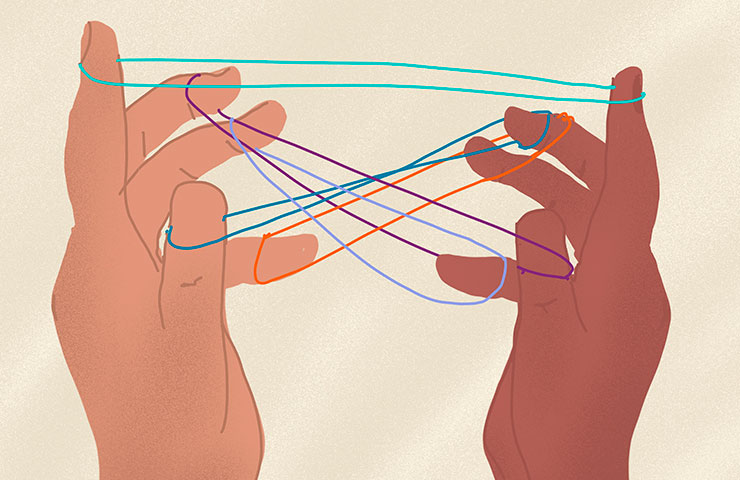
The mentors helped us navigate through the course as well as our own individual expectations.
The underlying support within this peer cohort is this program’s greatest strength. The pandemic context provoked a heightened need to extend this support as we embraced this reality shift. The opportunity to be able to share this journey with the mentees and collectively advance our growth has been my biggest inspiration to be a mentor.
What has been your key takeaway from the Master in Customer Experience & Innovation?
The program teaches you various hard skills along with softer ones and in its process it develops the overall personality of the individual. While I graduated the course with numerous new tools and skills up my sleeve, my biggest takeaway is the mindset development that has equipped me to embrace uncertainties with confidence and a positive outlook. The virtue to not just have opinions but to also be able to adequately voice them out to trigger positive impact is something I associate very strongly with the program.
What kind of person would fit well with the program?
When I think about the cohort, be it my own batch or people from other intakes I have engaged with, I witness some traits common throughout. There is this sense of almost childlike curiosity coupled with the desire to instigate change. I believe anyone who has this activated approach to life and a sense of hustle would fit well. The program prepares you, polishes you, and equips you for life.
How did the program affect your comfort zone?
I feel the course is designed to challenge your comfort zone at every step, which is what makes it so special. Right from our exposure to the design sprint in the first week to our very last presentations, the course presents you with situations where you are urged to prioritize. In my opinion, the program mirrors the real world in its challenges and ambiguities, which automatically pushes you to confidently expand the boundaries of your comfort zone. You graduate the course feeling surprised at what all you can do versus what you previously thought you could do.
How important were your classmates in your learning process?
Extremely important! In fact, they continue to be an important component in my learning process even now. The fact that the course concentrates such a diverse group of people with a plethora of professional experiences and cultural backgrounds, it becomes a fertile ground for learning. My classmates did not just contribute to my professional learning, but also played a significant role in my personal growth and development. By the end of the course, this group becomes your family, your tribe. After about two years since our graduation, we continue to stay in touch and extend our support and help whenever needed.
Is there any specifically surprising thing that you’ve been using in your professional life that you learned while in the program?
While there are so many things I learned in the program that are of direct importance to my current professional role (be it the design-thinking mindset or positive leadership), there is one learning in particular that has surprisingly been of critical significance, which is: don’t take yourself too seriously. This is something that our academic director Andrew spoke about during our first meeting and has stayed with me ever since. As a design researcher, one has to keep both the analytical and creative sides powered up, and there are moments when one goes through some kind of a block, this all-too-real feeling of being stuck.
I realized that when I stop taking myself too seriously, I readjust the focus from me to the subject matter at hand. It shifts the focus away from “my performance” to “value contribution” and I believe it’s a great approach to push through this feeling and proceed.


